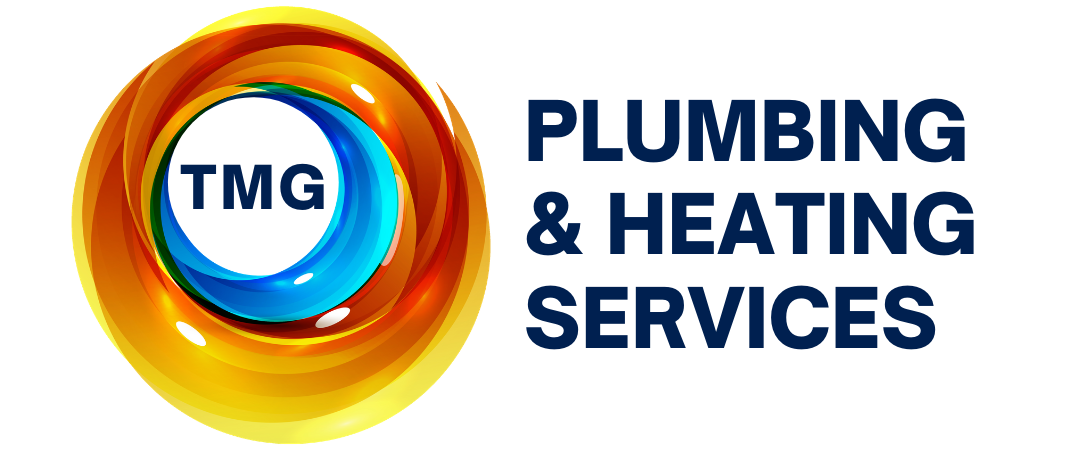The Impact of Hard Water on Your Heating System and How Power Flushing Can Help
When it comes to maintaining your home, office or commercial building’s heating system, one of the most significant factors often overlooked is the quality of the water circulating within it. If you live or work in an area with hard water, understanding how it affects your heating system is crucial for avoiding costly repairs and ensuring efficient operation. In this blog, we'll explore the impact of hard water on your heating system, focusing on the role of limescale, and how power flushing can help maintain system health. We will also explain long term solutions to get the longest possible time from your heating system.
Understanding Water Hardness and Its Impact on Your Heating System
Water hardness refers to the concentration of calcium and magnesium ions in your water supply. While these minerals are not harmful to human health, they can wreak havoc on your heating system. When hard water is heated, the calcium and magnesium leech out of the water, forming limescale. This limescale build-up is particularly problematic in your heating system, as it can lead to a range of issues.
1. Reduced Efficiency
One of the most immediate impacts of limescale build-up is reduced heating efficiency. Limescale acts as an insulator, which means that it forms a layer on the interior surfaces of your heating system components, including the boiler, radiators, and heat exchangers. This layer prevents efficient heat transfer, forcing your boiler to work harder to achieve the desired temperature. Over time, this leads to increased energy consumption and higher utility bills.
2. Increased Wear and Tear
As limescale accumulates, it puts additional stress on your heating system's components. The boiler, in particular, has to work harder and longer to heat the water to the set temperature, leading to more frequent cycling and, consequently, increased wear and tear. This can shorten the lifespan of your boiler and other components, leading to premature breakdowns and the need for costly repairs or replacements.
3. Blockages and Poor Circulation
Limescale can also cause blockages within your heating system. The buildup inside pipes and radiators restricts the flow of water, leading to uneven heating throughout your home. You might notice that some radiators are hot while others remain cold, or that your boiler takes longer to heat your home. This not only makes your heating system less effective but can also cause certain areas to overheat while others remain underheated, further straining the system.
How Power Flushing Helps
Given the negative impact of limescale on your heating system, regular maintenance is essential to prevent long-term damage. One of the most effective methods for dealing with limescale and restoring your system's efficiency is power flushing.
Power flushing is a deep cleaning process that involves circulating a high-velocity water flow, mixed with chemicals, through your heating system to remove limescale, sludge, and other debris. Here’s how it helps:
1. Restoring Efficiency
By removing limescale buildup from the heat exchangers, radiators, and pipes, power flushing restores the efficiency of your heating system. Without the insulating layer of limescale, heat transfer becomes more efficient, meaning your boiler can heat water more quickly and with less energy. This leads to lower energy bills and a more comfortable home environment.
2. Prolonging System Life
Power flushing reduces the strain on your boiler and other components by removing the buildup that causes them to work harder. This not only improves the system's efficiency but also extends the lifespan of the components. By reducing the frequency of breakdowns and the need for repairs, power flushing can save you money in the long run.
3. Improving Water Circulation
Power flushing also helps to clear blockages in the pipes and radiators, improving water circulation throughout your system. This ensures that all parts of your home are heated evenly, and your system operates as intended. You'll notice more consistent heating, and your boiler will be able to maintain the set temperature with less effort.
A Long Term Solution to Hard Water in Your Heating System
Using demineralized water in your heating system offers significant benefits by preventing limescale build-up and reducing the risk of corrosion, both of which can extend the lifespan of your system and improve its efficiency. Additionally, installing a heating water regulator, helps maintain the correct pH and mineral levels in the water, further protecting your system from damage. This combination reduces energy consumption, lowers maintenance costs, and ensures consistent heating performance.
Conclusion
If you live in an area with hard water, the impact of limescale on your heating system can be significant. Reduced efficiency, increased wear and tear, and poor water circulation are just some of the issues that can arise. However, with regular maintenance, including power flushing, you can mitigate these effects and keep your heating system running smoothly for years to come.
Investing in power flushing is a smart move that can enhance the efficiency of your heating system, lower your energy bills, and extend the lifespan of your boiler and other components. Don’t let hard water ruin your heating system—take action today and ensure your home remains warm and comfortable throughout the year.
To schedule a professional radiator power flushing or to learn more about the demineralising filtration with TMG Plumbing & Heating Services call 051 577089 or fill in the form on our contact page

